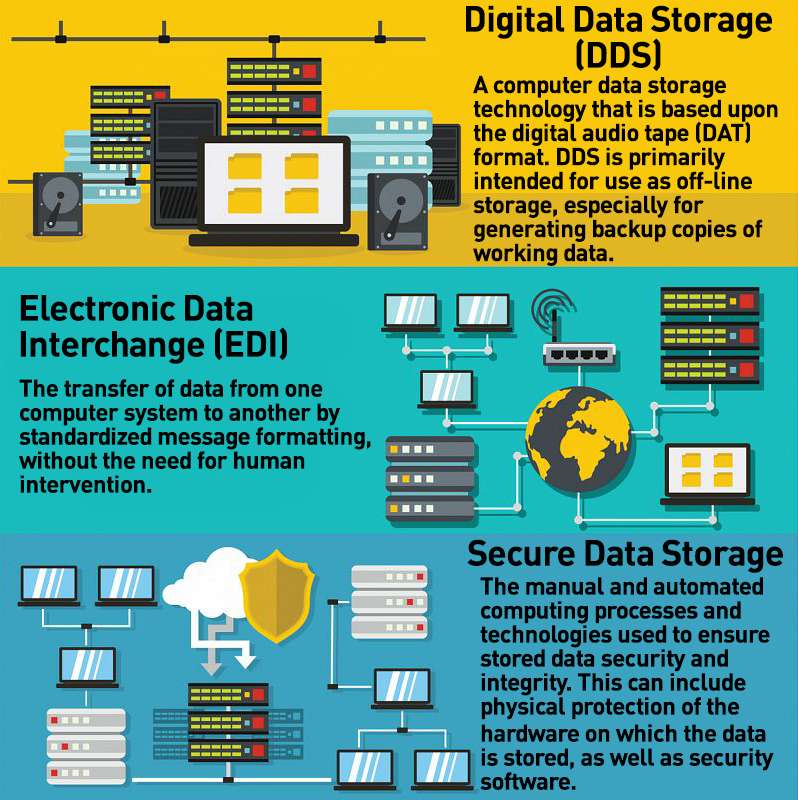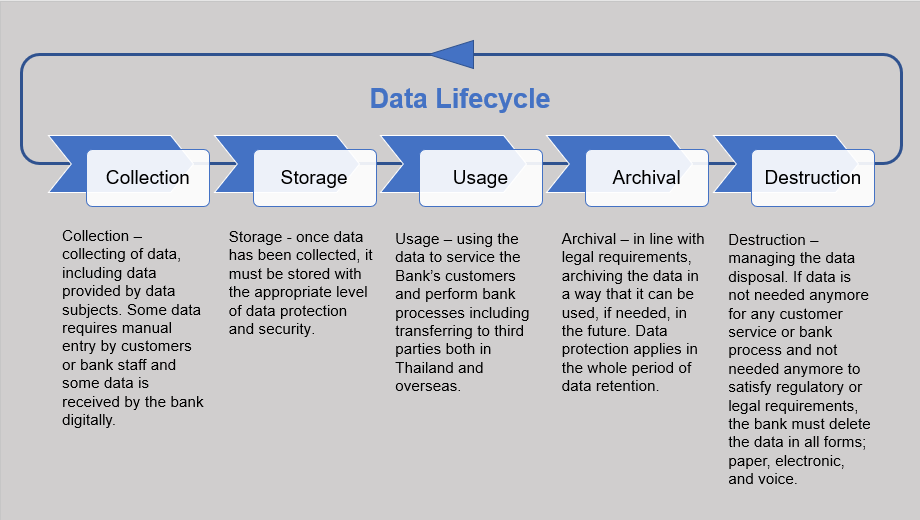Enhancing Cyber Security through Advanced Data Destruction Methods
Enhancing Cyber Security through Advanced Data Destruction Methods
Blog Article
The Significance of Effective Data Destruction Practices in Shielding Sensitive Information and Ensuring Computer Security
In an era where data violations are increasingly usual, the significance of reliable information devastation practices can not be overemphasized. Carrying out durable information damage approaches not only mitigates these dangers but additionally lines up with legal conformity requirements, guaranteeing that organizations copyright their credibility and foster client trust.
Comprehending Information Devastation
Comprehending information destruction is critical in today's electronic landscape, where delicate info can conveniently be jeopardized. Effective data damage includes not just guaranteeing however deleting files that information is irretrievable via thorough approaches. This process is crucial for organizations that manage confidential client info, intellectual building, or internal records, as any kind of breach can bring about serious economic and reputational consequences.
Information damage incorporates different methods, consisting of shredding physical media, degaussing magnetic storage space tools, and using software-based services that overwrite information numerous times. Each method serves a particular purpose and needs to straighten with the sensitivity of the info being gotten rid of. Physical damage is frequently liked for difficult drives having highly personal information, while software approaches could be adequate for much less sensitive details.
In addition, sticking to market criteria and guidelines, such as the General Information Security Regulation (GDPR) or the Medical Insurance Mobility and Liability Act (HIPAA), is crucial for compliance and to mitigate legal threats. Organizations has to create a durable data devastation policy, train workers on finest methods, and regularly examine their treatments to ensure that all sensitive info is thrown away safely and efficiently.
Risks of Inadequate Practices
Inadequate information damage techniques expose companies to considerable threats that can have significant effects. When delicate info is not appropriately gotten rid of, it remains vulnerable to unauthorized gain access to, which can lead to information violations and identity theft. Such occurrences not only compromise the security of individuals however also stain the company's reputation, causing a loss of customer trust fund and potential economic consequences.
In addition, regulative compliance is significantly rigid in several industries. Failing to stick to information damage laws can cause significant fines and legal activities versus companies. These fines can draw away and stress monetary resources attention from core company operations.
Additionally, the abuse of residual data can result in intellectual home burglary or company reconnaissance, threatening affordable advantages (data destruction). The impact of poor data damage expands beyond immediate financial losses; it can likewise cause long-lasting damages to brand integrity and market setting

Organizations need to identify that information safety is not entirely about preventing breaches; it likewise incorporates the liable monitoring of information throughout its lifecycle. Ignoring reliable information destruction procedures can have tragic effects, emphasizing the need for robust steps to alleviate these risks.
Best Practices for Data Damage
Applying efficient data devastation methods is important for guarding sensitive info and maintaining conformity with regulatory standards. Organizations needs to embrace a multi-faceted technique to make sure that data is irretrievable, consequently protecting against unauthorized accessibility and possible violations.
First, information should be classified based upon level of sensitivity, enabling organizations to use proper destruction approaches customized to the degree of risk. For electronic information, utilizing software-based data-wiping tools that adhere to market requirements can effectively overwrite existing data. Physical destruction approaches, such as shredding or degaussing, are critical for gadgets that keep delicate info, guaranteeing full removal.
Developing a clear data retention policy is crucial, detailing for how long different sorts of details need to be maintained prior to damage. Regular audits of information storage space systems are additionally essential to recognize a fantastic read unnecessary or out-of-date information needing removal.
Moreover, training workers on the importance of information destruction and the certain methods to follow fosters a society of security within the company. Ultimately, keeping paperwork of data devastation refines supplies liability and supports conformity with exterior guidelines and inner plans. By sticking to these finest practices, organizations can considerably minimize the threats connected with information direct exposure.
Legal and Conformity Considerations

Failing to follow these guidelines can lead to extreme fines, consisting of significant penalties and reputational damage. Organizations must implement a robust information destruction plan that aligns with these legal frameworks and provides clear standards on the appropriate methods of data disposal, whether physical shredding or digital cleaning.
Additionally, keeping paperwork of information damage activities is important for showing conformity during audits or assessments. By prioritizing legal and compliance factors to consider, companies can boost their information safety and security stance and foster count on with customers and stakeholders, inevitably contributing to a much more secure data management setting.
Advantages of Effective Data Devastation
Effective data damage techniques expand beyond simple compliance; they supply substantial benefits to companies that prioritize them. By ensuring that delicate info is irretrievably damaged, organizations reduce the threat of information violations and the potential monetary repercussions connected with them. This positive strategy not only safeguards against unauthorized access however also improves the total credibility of the organization in the eyes of stakeholders and customers.
Applying durable data devastation techniques, such as physical devastation of storage devices or advanced data wiping techniques, adds to the strengthening of a company's cybersecurity stance. data destruction. It reduces the chance of copyright theft and safeguards proprietary details, therefore keeping an one-upmanship out there

Conclusion
Finally, reliable data devastation practices are crucial for guarding sensitive details and boosting general computer system safety. By carrying out extensive approaches such as software application, degaussing, and shredding overwriting, companies can mitigate the dangers connected with unapproved gain access to and information breaches. Adherence to governing standards, consisting of GDPR and HIPAA, more reinforces conformity and safeguards versus lawful repercussions. Ultimately, a commitment to robust data damage methods cultivates a society of duty, consequently enhancing a company's cybersecurity stance and keeping customer count on.
Report this page